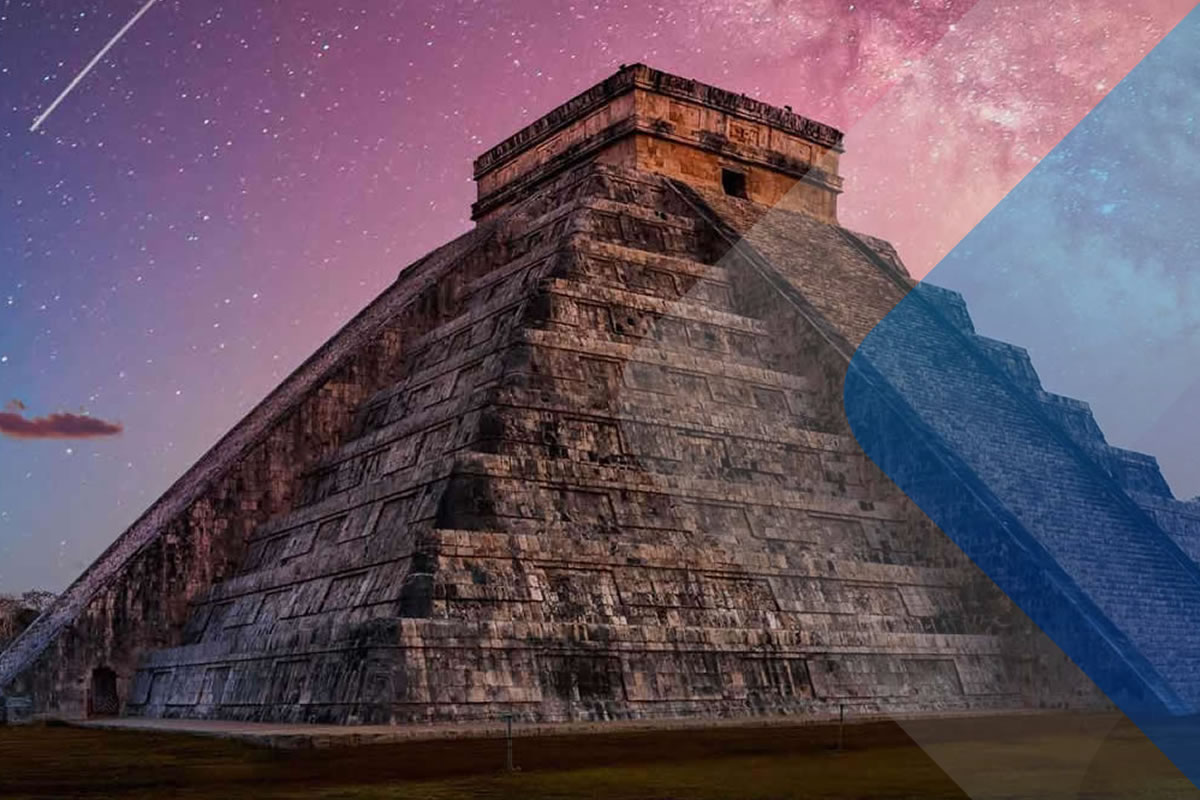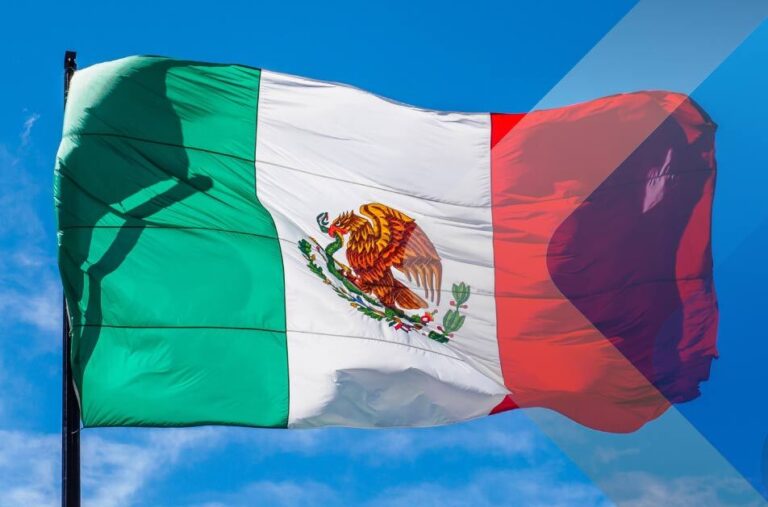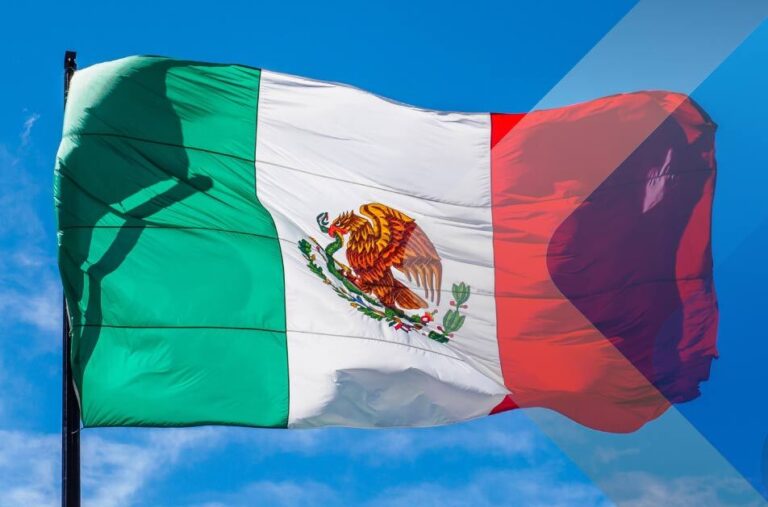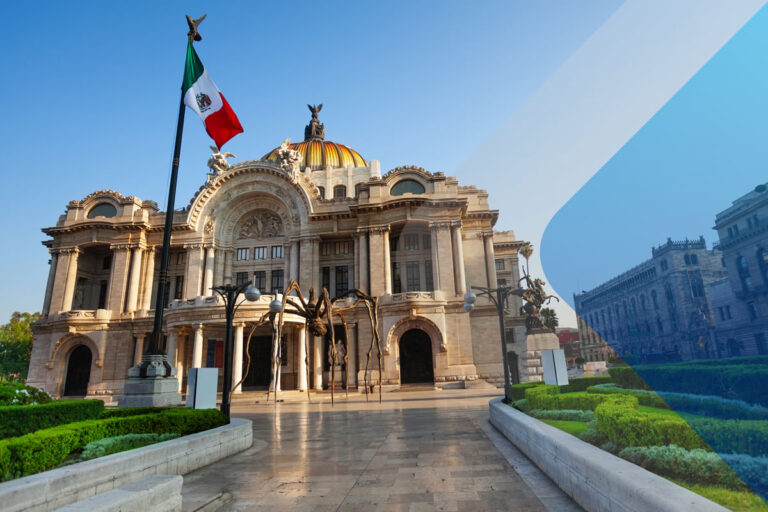Table of Contents
Mexico is an emerging market with a bright future as the growth of nearsourcing seems set to attract more foreign direct investment in coming years. If you are thinking of expanding your operations into this dynamic country, it pays to have business insights in Mexico.
It can be difficult to enter this exciting emerging economy, though, as local rules and regulations are not always easy for foreigners to understand. It may be wise to partner with someone who has business insights in Mexico, such as an employer of record (EOR) company.
An employer of record in Mexico helps companies to find, hire, and administer local team members. Those team members, meanwhile, will report directly to the client-company as if they were direct hires.
The employer of record in Mexico will oversee the management of the payroll of those professionals, including overseeing the likes of benefits, statutory leave, and unemployment claims.
If you are interested in business insights in Mexico, contact us today.
Fast facts on Mexico
Mexico is the largest Spanish-speaking country in the world and is among the 5 countries with the highest biodiversity in the world due to its privileged geographical location, its climate, and its diverse topography.
The country is the eighth-largest tourist destination in the world with 33 UNESCO world heritage sites – the most in the Americas. Recently, both Mexico City and the Yucatan peninsula have been drawing large numbers of digital nomads to the territory.
With a large and diverse population, it’s no surprise that Mexico is world-renowned for culture, with musical stars famous across Latin America and beyond. In art, the works of Diego Rivera and Frido Kahlo are exhibited worldwide, while football stars from the country play in leagues around the globe.
Mexican food has some of the best known and loved dishes in the world. Mexico’s extensive culinary tradition is increasingly combined with innovation, with many cutting-edge chefs reinventing it and taking it into the future. Standout innovators such as Enrique Olvera, Daniela Soto-Innes or Francisco Ruano keep Mexico relevant as one of the most important contemporary gastronomic destinations in the world.
The Mexican economy
Mexico’s economy is diversified, including high-tech industries, oil production, mineral exploitation, and manufacturing. Agriculture represents 3.4% of Mexico’s GDP and employs more than 13% of the country’s active population. Mexico is among the world’s largest producers of coffee, sugar, corn, oranges, avocados, and limes.
The banking sector is also growing rapidly and represents an opportunity for investors. The government has expressed its desire to modernize the country’s infrastructure, including hospitals and transportation, and is seeking to attract more FDI.
It is the second-largest economy in Latin America and the fourteenth largest economy in the world. Companies with business insights in Mexico see a bright future: Goldman Sachs predicts (.pdf) that Mexico’s economy will be the world’s 11th largest by 2050.
Mexico is part of 13 treaties with more than 45 countries, meaning that it has good trading links with key partners. It attracts the largest amount of FDI in Central and South America. It enjoys a strategic and active geographical location as a transit point between North America and Latin America. In particular, the advantages of nearshoring have meant more investment from the U.S.
Business insights in Mexico: the job market
25% of university students graduate in science, technology, or engineering, which is the eighth-highest percentage in OECD countries. That means a wide and deep base of talent, which exceeds the capabilities of the local employment market.
With supply exceeding demand, many Mexicans are looking at remote working as a possibility, which opens the door for companies seeking high quality workers at relatively competetive price points.
The average annual salary for an engineer in the United States is US$85,663, while the average annual salary for a mechanical engineer in Mexico is the equivalent of US$15,514. This is just one of the many
professions in which salaries are substantially lower, without compromising quality.
Although the majority of the population speaks Spanish, more than 7 million Mexicans also speak one of the 62 indigenous languages in the country. English levels are relatively good for the region, and as it is taught in universities, the vast majority of professionals will have a decent command of the language.
Importance of small and medium-sized companies
Small and medium-sized enterprises are a important link in the chain of economic activity and are essential for regional and local development. 95.4% of companies across the country are SMEs and they contribute 52% of GDP. In addition, they provide 72% of the jobs in Mexico.
Business insights in Mexico often focus on the larger industries, but it is important to remember that there are many opportunities with smaller companies. Also, there are plenty of possibilities to start your own SME, and indeed to succeed.
Guadalajara, the Mexican Silicon Valley
No list of business insights in Mexico would be complete without mentioning Guadalajara, which has ‘the Mexican Silicon Valley’. This is the most important technological cluster in the country, recognized worldwide thanks to the size and quality of its software industry.
The state government has invested in infrastructure to turn Guadalajara into an international technology center. Technology giants like IBM, Oracle, HP, and Motorola have been established for several years in this city. Telecom and computer equipment from Guadalajara accounts for about a quarter of Mexico’s electronics exports.
All of this is based on technological talent: Guadalajara has an excellent engineering school, the University of Guadalajara, which has thousands of highly qualified engineers graduating every year.
Startup ecosystem
Mexico has one of the best startup ecosystems in Latin America. In the last year, it has established itself as an outstanding country in fintech, the financial technology sector. Due to its large number of tech graduates, there is still plenty of room for growth.
With more than 350 successful startups, it is the largest ecosystem in the region and one of the main drivers of financial innovation in Latin America. These companies have benefitted from business insights in Mexico to achieve a low failure rate at just 12%.
Opportunities for foreign investment
One of the key business insights in Mexico is understanding the extremely favorable advantages for foreign investment. The procedure for establishing a new company in Mexico is particularly agile and efficient. Another example is the series of subsidie aimed at promoting the exchange of goods and services with other nations.
However, complicated taxes and compliance can make the administration of a company hard. Working with trusted partners is essential to avoid major risks. That’s why partnering with an EOR in Mexico can help you navigate this business environment with ease.
Serviap Global has business insights in Mexico
At Serviap Global, we are an employer of record in Mexico, offering international PEO / EOR services to companies seeking to quickly hire professionals in the country, or seeking business insights in Mexico.
We also offer global talent acquisition services to support companies with recruitment direct hires, as well as assisting companies with hiring contractors.
We started out in Mexico in 2010, before expanding throughout Latin America and then arround the world, so that today we able to assist companies in over 100 countries globally.
Contact us today to discuss how we can assist you with business insights in Mexico. Or book a call with one of our consultants.
You can also read more about us.









